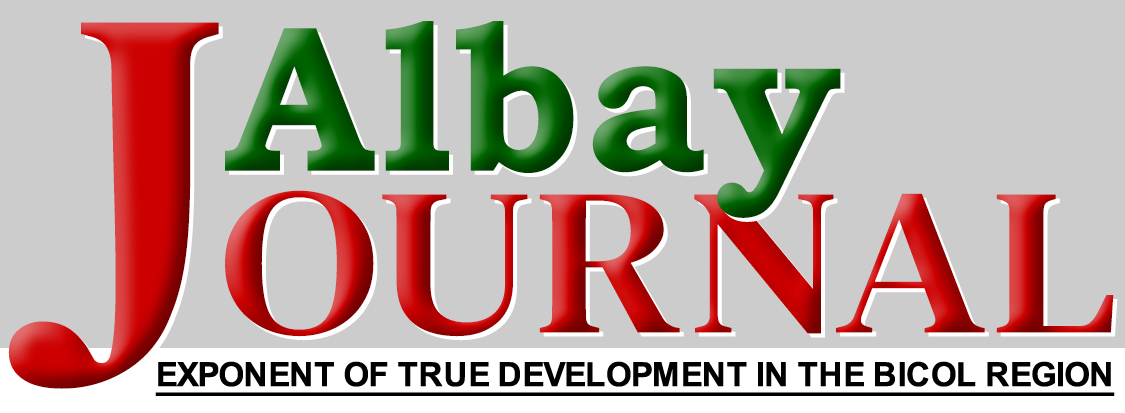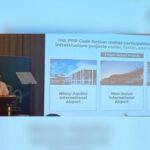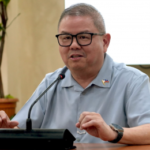By E.V.Rieza
The rapid advancement of technology is really scary. The Philippine Cybercrime Act of 2012 doesn’t seem to stop abusers who continuously use various social media platforms with aliases and anonymous accounts. The so called trolls, get hungrier between elections and pounce on any victims. Every hour there are new initiates who discover the ‘magic’ of getting away with hurting just anybody through the use of fake accounts in the internet.
The Pew Research Center in an article published in 2017 titled ‘The Future of Free Speech, Trolls, Anonymity and Fake News Online’ said: “Many experts fear uncivil and manipulative behaviors on the internet will persist – and may get worse. This will lead to a splintering of social media into AI-patrolled and regulated ‘safe spaces’ separated from free-for-all zones. Some worry this will hurt the open exchange of ideas and compromise privacy”.
Well, we now see it is still actually a ‘free-for-all zones’. In the local scene, the pervasiveness of this issue has a latest victim: Presidential son and Ilocos Norte Congressman Sandro Marcos.
A video post that went viral, published by X (formerly Twitter) user @bongbongmarcosx, claimed that Congressman Sandro turned Bahay Pangarap into a nightclub, during a birthday party. The caption read: “Son of the President, converts the official residence of his father into a nightclub”.
However, according to the Philippine Daily Inquirer (Separating fact from fiction: The truth behind Sandro Marcos video, Oct. 23), the geo tag for the party which was held in September 13 revealed the affair was conducted in an exclusive residence in Quezon City, some 10.2 kms from Bahay Pangarap.
A series I watched in Disney+ titled ‘Class of ’09’, a movie about a class of FBI agents facing immense changes as the US justice system is altered by artificial intelligence or AI, could be a horrifying forecast of what technological advancement can bring if left unchecked. You suspect this could already be happening anywhere. This makes our anxiety over the present trend of digital abuses too petty.
Hacking on files of government institutions took the limelight most recently and the Department of Information and Communications Technology has embarked on a wide recruitment of technical people who will be employed against this. As usual, the criminals are always a step – nay several steps — ahead of law enforcement.
Int’l collaboration, global minimum standards critical to tax digitalization
Even in governance, specifically in taxation, the rapid advancement of technology and digitalization now urgently demand international collaboration coupled with the establishment of global minimum tax standards.
While this innovation has effectively eliminated the constraints of distance when it comes to accessing information and financial resources and has resulted in unprecedented wealth for individuals in the tech sector and creative industries, the downside is the fact that it has also introduced a significant challenge in the realm of taxation, as the mobility of taxpayers and capital has made tax evasion more accessible.
The two critical dimensions of tax institution development, therefore, should be internationalization and digitalization. This was discussed by resource speakers at the recent Policy Forum on Tax Digitalization and Creative Industries Development in UP Diliman on Wednesday, foremost by Congressman Joey Sarte Salceda, who heads the tax panel at the House of Representatives.
The lawmaker has emphasized the pivotal role of taxation in the world of e-commerce, especially in terms of introducing third-party liability to ensure tax compliance across online platforms.
Along this context there is a stark urgency for tax institutions, such as the Bureau of Internal Revenue, to undergo a digital transformation that enhances the convenience and efficiency of tax processes.
Salceda expressed support to the full digitalization of taxation that can be achieved through collaborative efforts between the government and tax institutions, ensuring a fair and equitable tax system for all.
The Ease of Paying Taxes or EOPT law, now awaiting President Marcos signature is set to “drag the tax system out of the past century and into the internet age” and the “most pro-taxpayers’ reform so far. Salceda has been largely credited by business groups and peers in Congress for ‘championing’ the proposal. “With EOPT, we now have a fully digital-ready tax system that caters to the global Filipino,” he said.









